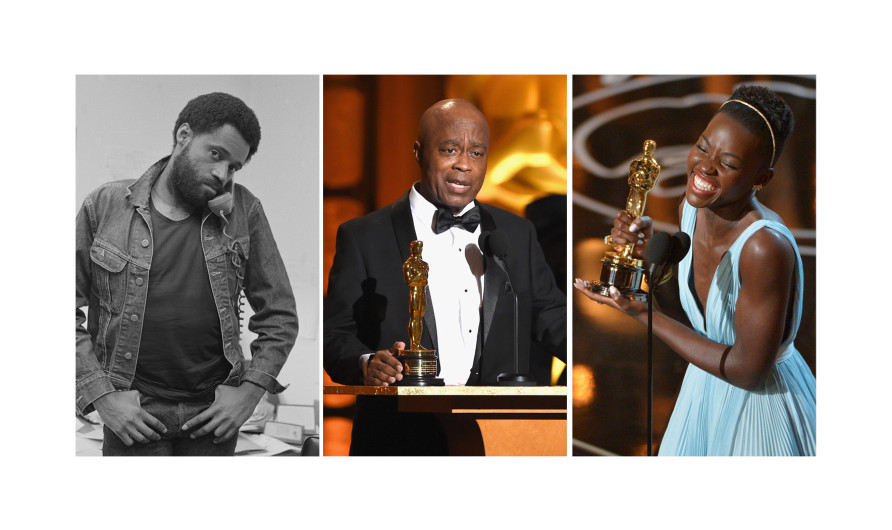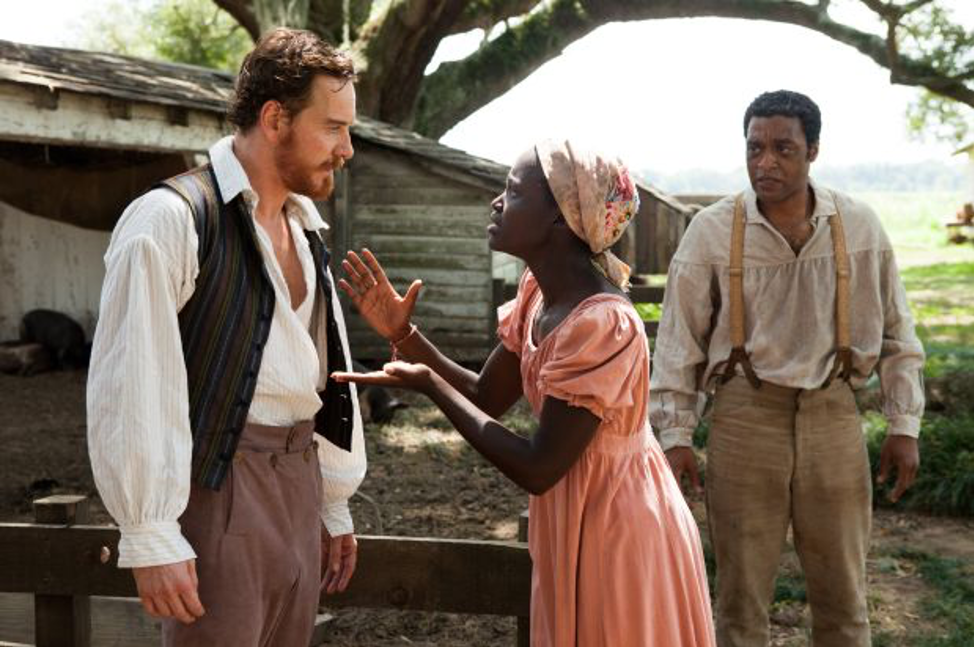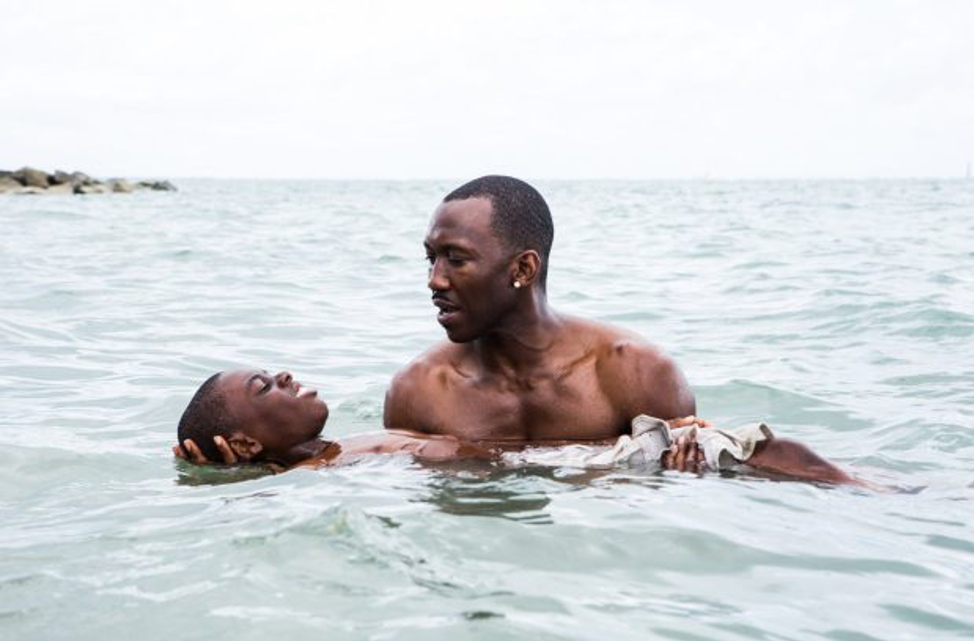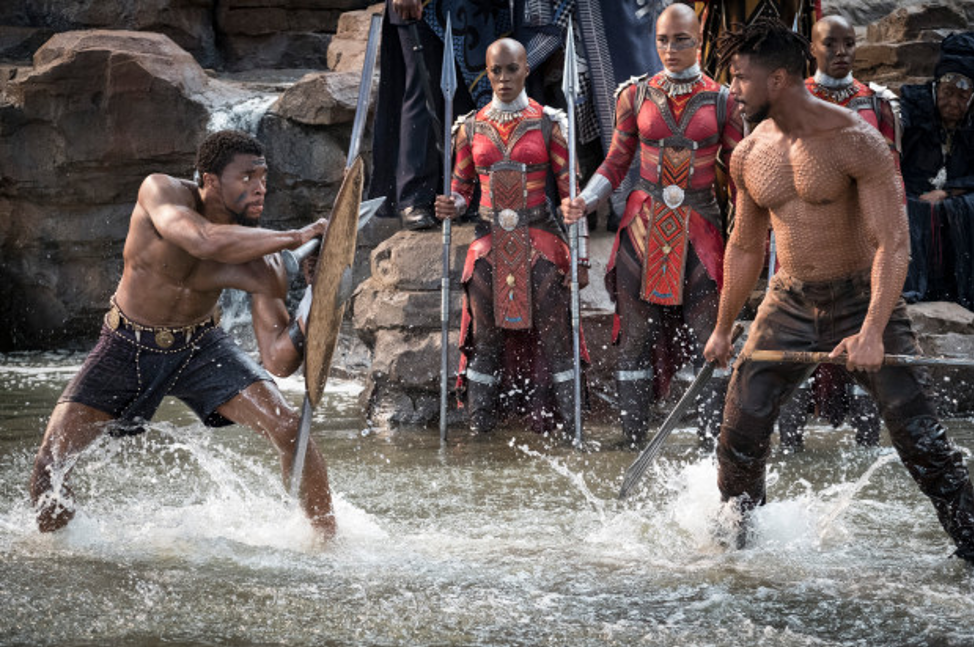WHAT’S THE STATE OF BLACK FILM TODAY? THESE EXPERTS EXPLORE THE RANGE OF AFRICAN-AMERICAN MOVIE ACHIEVEMENTS

Melvin Van Peebles had directed a few short films in the late ’50s when he left San Francisco for Hollywood with the goal of trading his day job on a cable car for a career behind the camera.
“They said, ‘We don’t need cable car operators as film directors,’” said his son Mario Van Peebles, a second-generation filmmaker, as he introduced a newly restored version of his father’s first feature “The Story of a Three-Day Pass” at the Egyptian Theatre in Los Angeles on Sunday, Feb. 16. “He said, ‘No, no, you’re not making the kind of films black folks want to see. That’s why they’re not working.’
“‘You gotta make films that we want to see ourselves in,’” the younger Van Peebles continued. “‘You got us as the “mo-tea-suh” class: “Mo’ tea, suh? Mo’ coffee suh?” ‘
“We were predominately portrayed as the serving class,” Mario Van Peebles said. “He said, ‘We don’t want to see that, man.’ They didn’t listen, so my dad picked up his little family, my sister and I, and moved to Europe.”




A decade later, Melvin Van Peebles made his feature debut with the French-language film “The Story of a Three-Day Pass,” the movie his son introduced at the Hollywood Foreign Press Association’s Restoration Summit. Upon its initial release, France entered in the San Francisco Film Festival where it won and finally brought Van Peebles back to Hollywood.
Half a century later, whether it’s Tyler Perry’s string of hits or Barry Jenkins’ “Moonlight,” black filmmakers are succeeding mightily — winning awards and generating artistic and box office hits in Hollywood. However, each award season brings renewed criticism about the lack of diversity in nominees for the Oscars and other honors.
So we reached out to industry experts — a director, a film festival founder, a professor, a champion of film criticism — to hear their assessments on the state of black films and filmmaking. The answers we got were as diverse as film itself where there is no one-size-fits-all formula for making movies or presenting black and African-American stories to audiences.
The director
“For me, I was inspired both by films by black filmmakers and films that weren’t by black filmmakers,” says Reginald Hudlin, 58, whose career as a director runs from the 1990 comedy “House Party” to last year’s documentary “The Black Godfather.” “When I saw ‘Tommy,’ I was like, ‘Wait, who made that? OK, this English director. Well, I want to make a movie like that.’
“At the same time, when the blaxploitation trend was going, I was at the movies every weekend to see ‘Shaft’ and ‘Superfly’ and those movies because they were exciting and they had a cultural resonance that connected to me,” he says. “So I was into what was being made and I was also acutely aware of what wasn’t being made.”
So when I made ‘House Party,’ it was me going, ‘Well, we need a movie like ‘Risky Business,’ we need a movie like ‘Ferris Bueller’s Day Off.’ When I made ‘Boomerang’ it was, ‘I want to do a Rock Hudson and Doris Day movie, I want to do a Woody Allen movie.”

Hudlin says he starts from the point of view that “black films are not a genre,” he said. “Within black film, there’s gangster movies and there’s musicals, there’s romantic comedies and horror films.”
Movie fans, he suggests, should seek out work by black filmmakers in the genres they already like. Ryan Coogler’s “Black Panther” fits the bill for the big Hollywood superhero flick. Issa Rae and Lakeith Stanfield star in director Stella Meghie’s just-released romantic drama “The Photograph.” Jordan Peele was nominated for the Oscar for best director for “Get Out” — making him one of six black directors ever so honored — and his follow-up “Us” was seen by many as worthy of Oscar attention that it ultimately did not get.
“I’m going to say something shocking and maybe unpopular,” Hudlin says, and laughs. “Which is that things are getting better.”
Black film since the early ’70s and birth of the blaxploitation era — launched, many say, by Melvin Van Peebles’ 1971 film “Sweet Sweetback’s Baadasssss Song” — has tended to move in cycles of 10 to 20 years, Hudlin says. After that cinematic movement waned in the ’80s, black film came back in the ’90s with directors such as Spike Lee, John Singleton and Hudlin himself. After another lull, younger filmmakers such as Ava Duvernay, Ryan Coogler, and Steve McQueen created the current wave of critical and commercial success for black filmmakers.
“So it’s a cycle,” Hudlin says. “But things get better with each turn. The market is still under-exploited. There’s plenty of room for growth.
“The real question is when do we get out of the kind of boom-and-bust cycle into just being a permanent part of the filmmaking landscape?”
The fest founder
Jeff Friday was president of the entertainment division of the largest African American advertising agency in the country when in 1997 a friend with a film at the Sundance Film Festival invited him to Park City, Utah, for his first visit to the annual festival and film marketplace.
“I saw this incredible scene, just full of energy, life — casual, but intellectual,” Friday says. “But what I didn’t like about what I saw was that it was all white males. Not literally, it just lacked diversity. And I said to myself, ‘The moviegoing public, the country is more diverse than this place, and how are all white males picking movies for the rest of the world?’ It just didn’t make sense.”

On his return to New York City, an actress friend who’d been at Sundance as part of the African-American romance “Love Jones” called to tell Friday the film had won the audience award there. An epiphany soon followed.
“My conclusion is that good movies are universal no matter what the color of the people are,” Friday says. “We like good stories.”
So just months after his trip to Sundance, and with backing from his boss at the UniWorld agency, Friday debuted the inaugural American Black Film Festival, which has continued each year since. It’s grown into a bi-coastal celebration of black film and filmmaking with a festival in Miami each year, and more recently, the ABFF Honors — think Kennedy Center Honors focused on black film achievements — in Beverly Hills. Honorees at the ceremony on Sunday, Feb. 23 include Louis Gossett Jr., Cynthia Erivo, Jamie Foxx, and Lena Waithe.
“I’ve probably seen more black movies than anyone alive,” Friday says. “And the good thing that we’ve done is that we’ve been a platform for many talented people who are now part of the mainstream.”
Seven years ago, just before Ryan Coogler’s feature debut with “Fruitvale Station,” he received the HBO Emerging Director Award at the ABFF, Friday said. About five years ago, writer-actress-producer Issa Rae brought her web series “Insecure” to the festival shortly before HBO picked it up as a series.
“It just shows you do have to let people into the space,” Friday says. “Let more people play in the sandbox.
“I think we’re in a really interesting place. People are more open to films that aren’t about them. The world’s appetite for black cinema is much more.”
The professor
University of California, Riverside English professor Courtney R. Baker concentrates much of her research on blackness and visual representation, a focus that includes teaching “African-American Film: 1967 to Present,” though her depth of knowledge goes back to the earliest days of black cinema.
“It’s important to remember that there’s a much longer history going back to the earliest days of Hollywood with Oscar Micheaux,” she says of the pioneering filmmaker and author.
Her point is to underscore the diversity of black filmmakers and films across time through examples such as Micheaux — whose career ran from the silent era into the early years of sound — or the L.A. Rebellion film movement that emerged at UCLA in the late ’60s to include such filmmakers as Charles Burnett, Haile Gerima and Julie Dash.

“In the heat of the assassinations (of Martin Luther King Jr. and Malcolm X) and the kind of demise of the civil rights movement, the rise of Black Power and the global decolonization movements, that was a space where a lot of people of color both recognized how important film was and is, and also kind of demanded an education that wasn’t one size fits all,” Baker says of the L.A. Rebellion movement.
Micheaux and other early black filmmakers made what became known as “race films,” movies made specifically and almost exclusively for black audiences from the early days of the film industry into the 1950s. During the middle part of the 20th century, black actors and stories were often told by white filmmakers. In the last 50 years or so — both inside Hollywood and out — black filmmakers have increasingly seized opportunities to tell stories of their own.
“That chronology, it’s true, but I also think a really important part is that the mainstream is determined by who controls the industry,” Baker says. “A lot of it is about access to technology, the means of production. And there are so many changes in how even Hollywood is getting films.
“We’re in a new revolution now, I think, with the rise of streaming, which is telling us a very different story about what people, what audiences, want to watch.”
Ultimately, she says, the goal should be to get away from talking about whether a film is an accurate representation of black life and instead simply focus on how it succeeds as art. Rather than debating the historical elements of Ava Duvernay’s “Selma” or Steve McQueen’s “12 Years A Slave.” Baker says to consider the storytelling.
As an example, she points to the recent Eddie Murphy movie “Dolemite Is My Name.”
” ‘Dolemite Is My Name’ is not going to give you an accurate representation in some sense of what African Americans are like,” Baker says. “But what you can see is a tradition of black cinematic arts.”
The cinephile
Chaz Ebert, wife of the late film critic Roger Ebert, was also at the Egyptian Theatre for the Restoration Summit, there to introduce the 1972 documentary “Nationtime – Gary.” Both that film and the 1982 “Cane River” — which will be reissued later this year — are works by black filmmakers that were thought to have been lost, and now have been restored by IndieCollect with help from the Roger & Chaz Ebert Foundation.
“I am overjoyed that Sandra Schulberg of IndieCollect is restoring all of these films — I call them little gems,” Ebert says shortly before the program begins. “Generally, but particularly with African American filmmakers, because these are some filmmakers that most people today would not have heard of.”

“Nationtime — Gary” is William Greaves’ documentary on the 1972 gathering in Gary, Indiana, at which nearly every prominent black leader of the day — including Jesse Jackson, Coretta Scott King and Betty Shabazz, as well as delegations from nearly every state — gathered to consider a platform of policies important to black Americans.
“It’s about a slice of history that most people have never heard of, the National Black Political Convention,” Ebert says. “It’s so important to have this film restored.”
“Cane River,” a Romeo and Juliet-esque story set on the Louisiana bayou, was thought lost until a negative was found in a film vault in New York City not long ago.
“Sandra Schulberg realized that there were some things in this film that you haven’t seen in other films,” Ebert says. “That even within the African American community some people don’t know about. That at one time, there was a hierarchy of value placed on beauty, or your worth as a person, based on how light your skin was — a holdover from slavery.”
As important as it is to celebrate past achievements in film, Ebert — like Hudlin, like Friday, like Baker — says the goal remains opening the world of film to every kind of story a black filmmaker might wish to pursue.
“Let me tell you what I want,” she says. “I want to see a vigorous community of filmmakers within the African American community making films about everything. Not just the black experience. I’d like to see them making big tentpole movies as well as documentaries as well as things just about being human.
“Not just about being black, although I love films that also specifically zero-in on the African American community. But it’s so diverse. It’s not monolithic. And the only way we can that is to have filmmakers making every kind of movie.”
